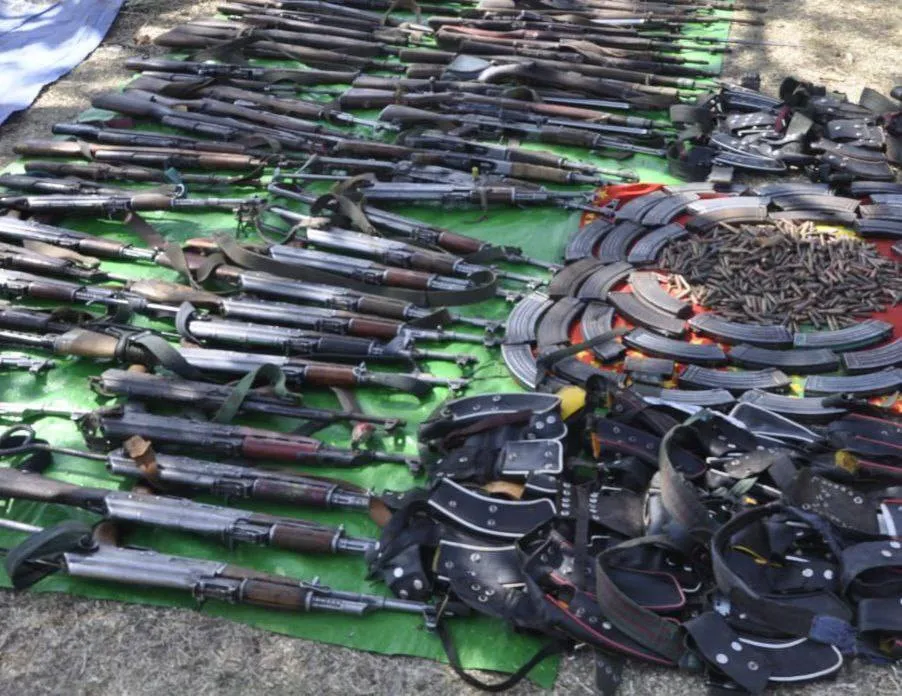
The Ethiopian National Defense Force (ENDF) has announced major advances against rebel forces in the Amhara and Oromia regions, in what it calls a significant turning point in its ongoing counterinsurgency campaign. The military claims it has successfully recaptured several strategic towns and rural territories from anti-government militants following weeks of intensified clashes.
According to a statement released by the Ministry of Defense on Sunday, coordinated ground and air operations led to the seizure of key strongholds believed to be under the control of the Fano militia in Amhara and the Oromo Liberation Army (OLA) in Oromia. The government says dozens of fighters were killed or captured, while caches of weapons and ammunition were also confiscated.
Our forces have demonstrated professionalism and courage in liberating communities that have been under the grip of lawless groups, said Brigadier General Tesfaye Ayalew during a televised address. We will not allow the unity and sovereignty of Ethiopia to be compromised by armed groups pursuing narrow political goals.
Local sources, however, paint a more complex picture. Residents in affected areas report continued gunfire, mass arrests, and disruptions to basic services. Human rights organizations have raised concerns about potential civilian casualties and displacement resulting from the ongoing operations.
This conflict has already taken a heavy toll on civilians, said a representative of Human Rights Watch in the Horn of Africa. There must be transparency and independent investigations into all reported violations, including those by state forces.
The resurgence of violence in Amhara and Oromia comes amid deep political divisions, accusations of marginalization, and unmet demands for greater regional autonomy. Fano, a militia rooted in Amhara nationalism, and the OLA, seeking self-determination for the Oromo people, have both ramped up attacks on government forces and infrastructure in recent months.
In an attempt to defuse tensions, Prime Minister Abiy Ahmed’s administration has repeatedly called for dialogue, but talks have failed to materialize amid mutual distrust and a worsening security landscape.
International observers are watching developments with concern. The African Union has urged restraint and called for immediate humanitarian access to conflict zones. Meanwhile, the United Nations has warned that further escalation could trigger a broader crisis in the Horn of Africa, already destabilized by drought, food insecurity, and cross-border tensions.
As fighting continues, the fate of civilians in contested areas remains uncertain. Aid groups report thousands have fled their homes, with many seeking refuge in overcrowded shelters or attempting to cross into neighboring regions. Mobile networks and internet services have also been cut in some areas, making it difficult to verify claims from either side.
While the government touts its latest gains as a sign of progress, analysts warn that without a political solution, military victories may prove fleeting. The root causes of these rebellions are deeply political, says analyst Mulugeta Bekele, based in Addis Ababa. Unless there is an inclusive national dialogue, the cycle of violence will likely continue.
The ENDF has vowed to continue its operations until what it calls all terrorist elements are neutralized. However, with rebel groups still active and capable of launching guerrilla-style attacks, Ethiopia’s internal conflict shows few signs of a swift resolution.

